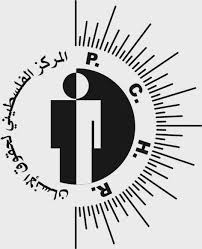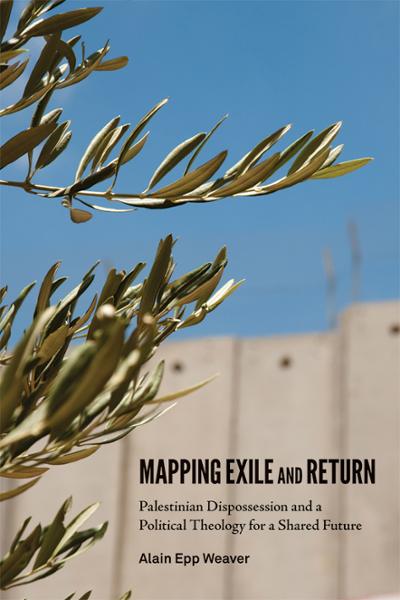Category: Gaza
-
Israeli forces killed member of Palestinian armed group and wounded 3 Palestinian civilians, including a child
12th June 2014 | Palestinian Center for Human Rights | Gaza, Occupied Palestine On Wednesday evening, 11 June 2014, 3 Palestinian civilians, including a child whose condition was described as very serious, were wounded when Israeli forces targeted a member of an armed group who was killed by two missiles launched by a drone in the northern…
-
Israeli attacks on fishermen in the Gaza sea
15th May 2014 | Palestinian Center for Human Rights | Gaza, Occupied Palestine Israeli Naval forces continued to carry out attacks on Palestinian fishermen in the Gaza Strip during the reporting period[1] (1-30 April 2014), including 11 shooting incidents; 3 chasing incident that led to the arrest of 2 fishermen, and confiscation of 2 fishing boats and fishing equipment…
-
Palestinian Christian struggle mapped in new book
5th May 2014 | The Electronic Intifada, Joe Catron | Gaza City, Occupied Palestine In Mapping Exile and Return: Palestinian Dispossession and a Political Theology for a Shared Future, American Mennonite theologian and aid worker Alain Epp Weaver explores a legacy of Palestinian Christian exile, and struggle for return. The book’s terrain ranges from the ethnically-cleansed villages of the Galilee to the Upper…


